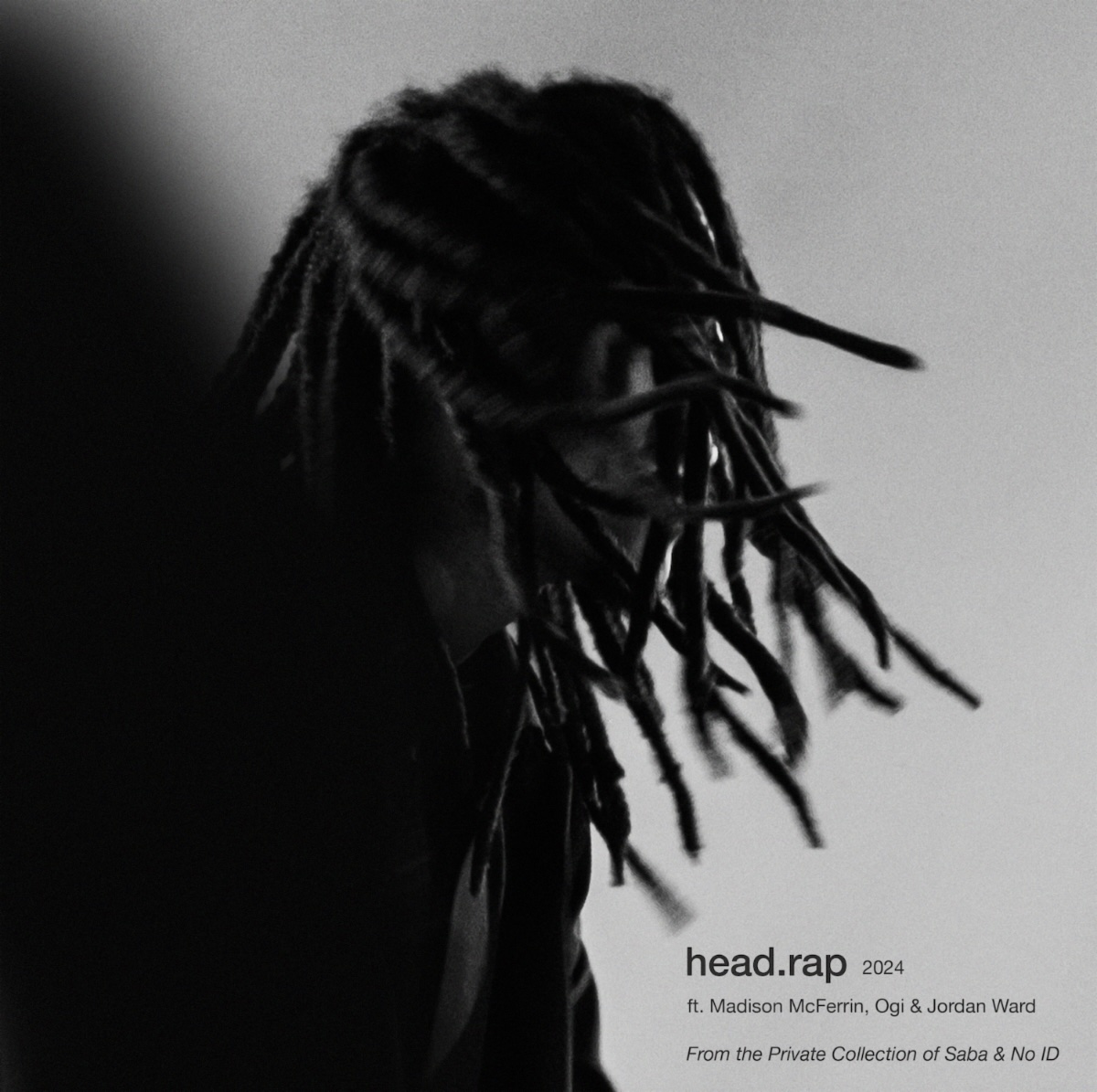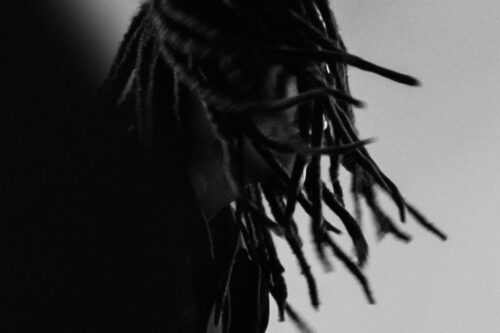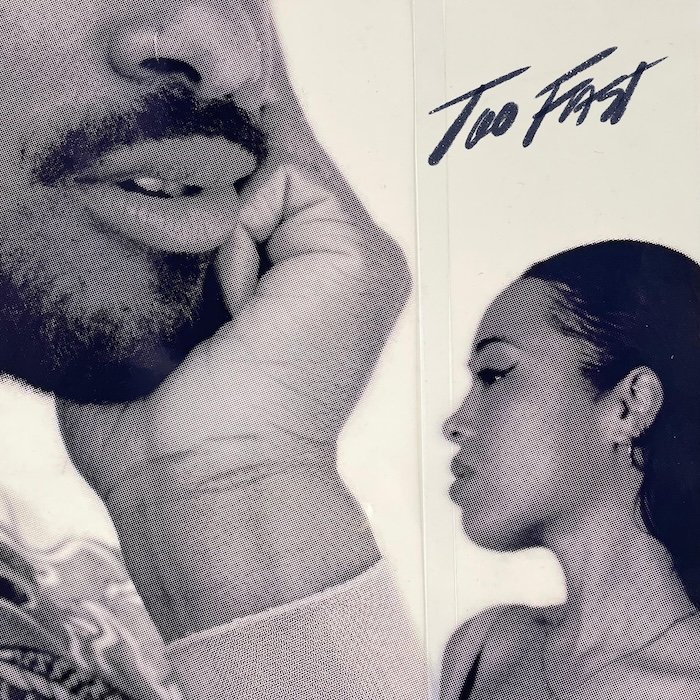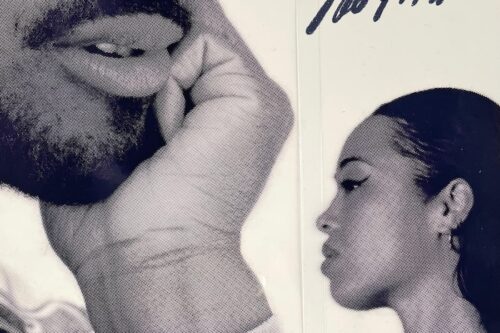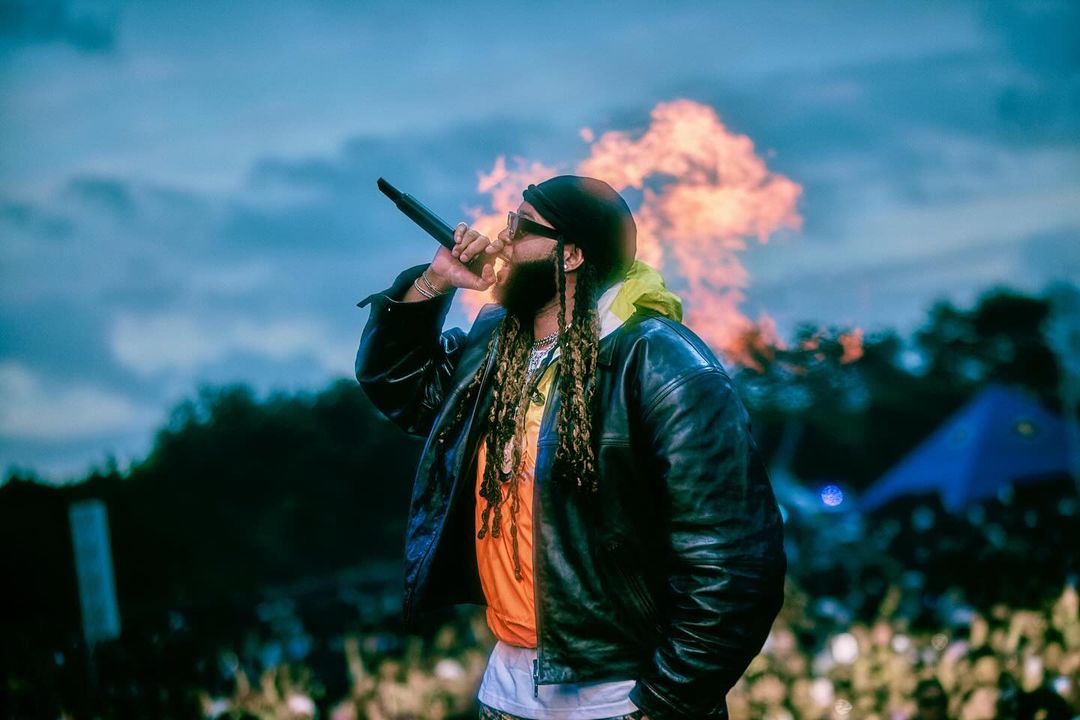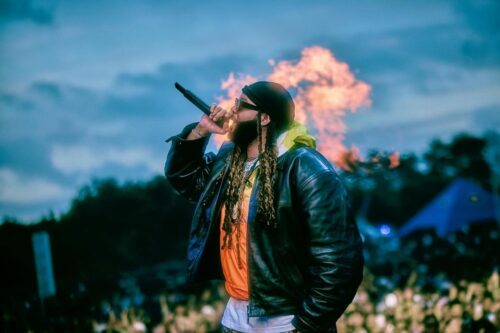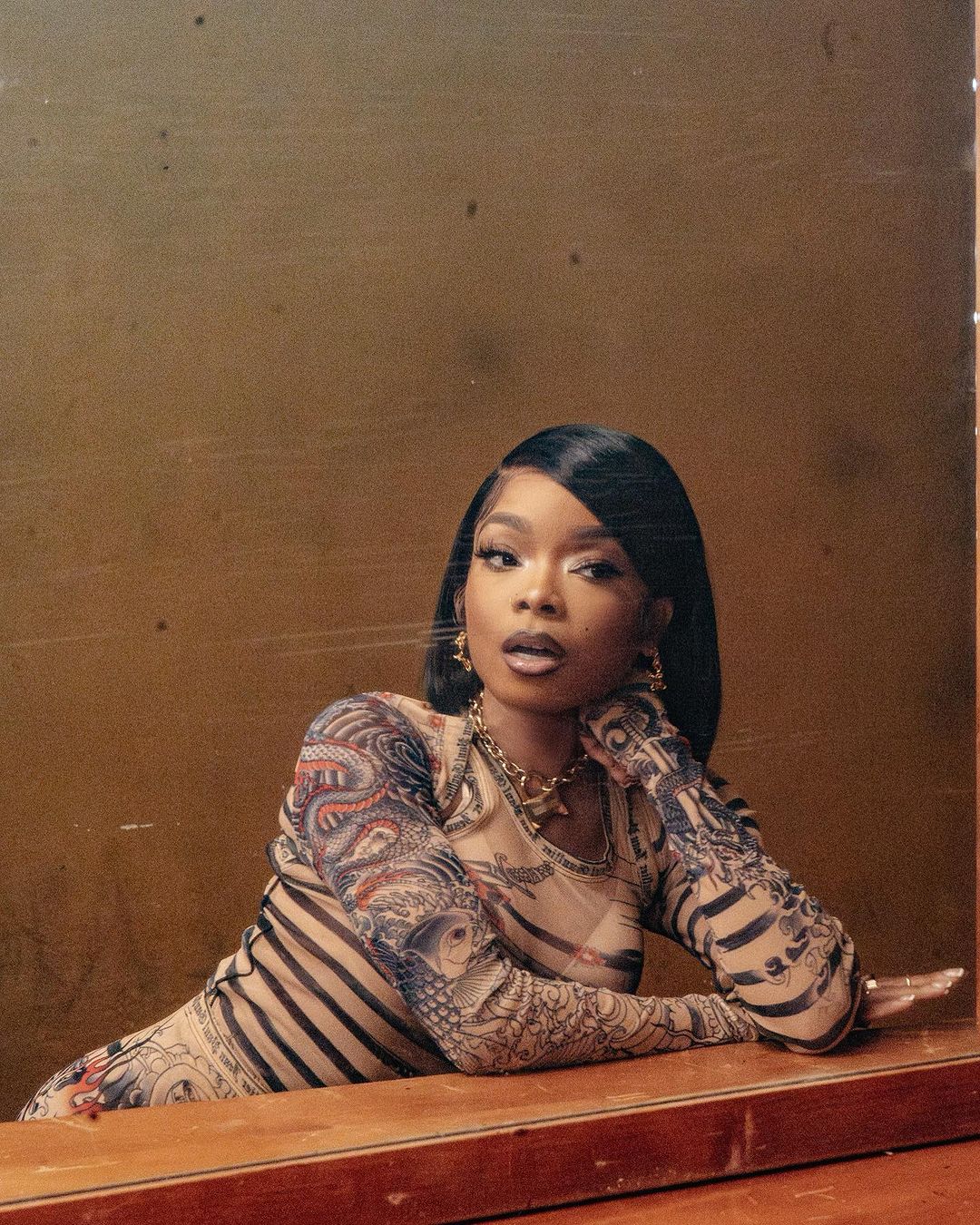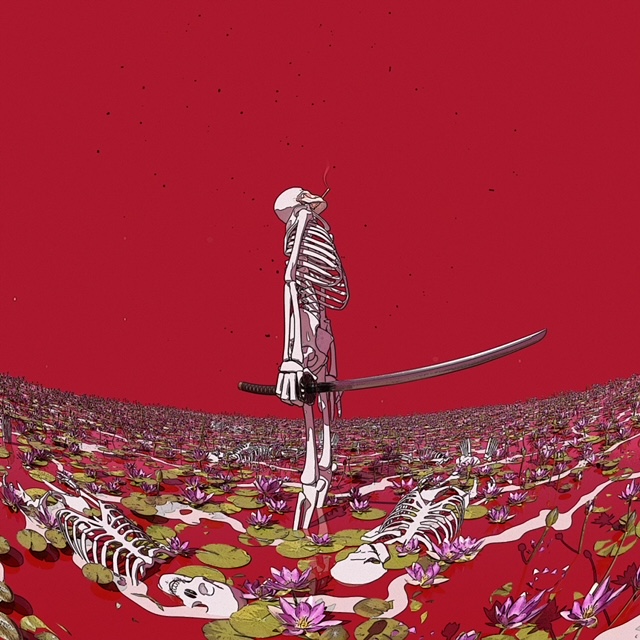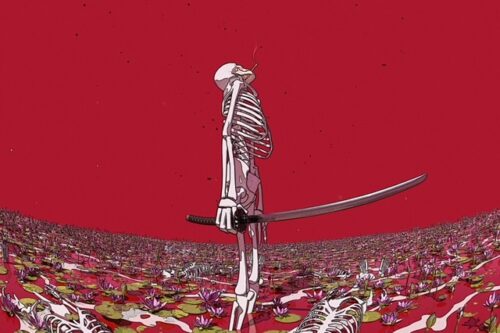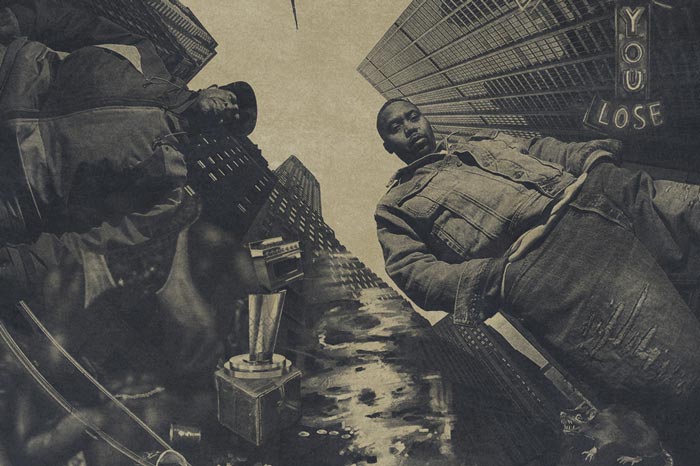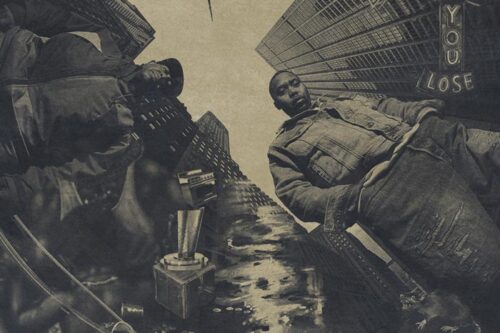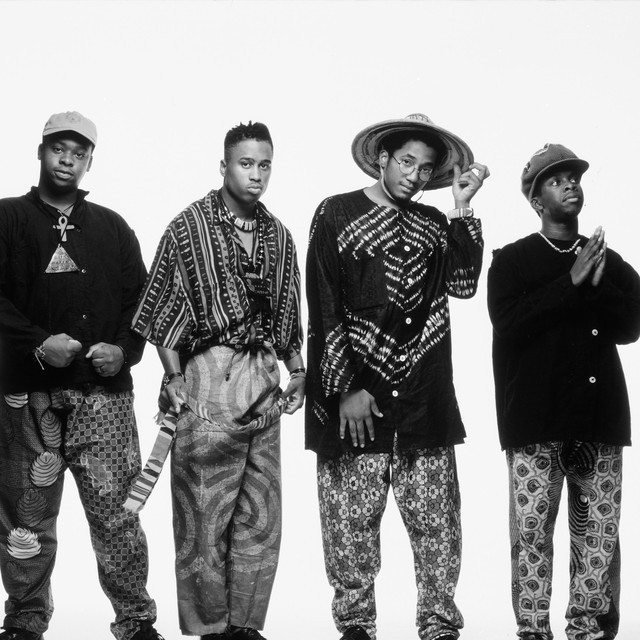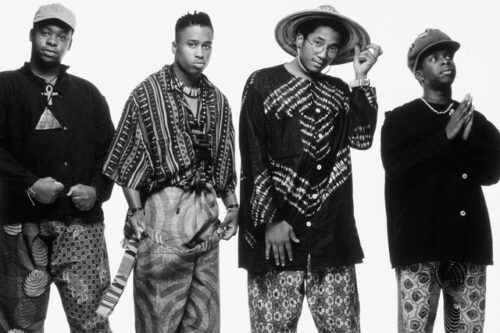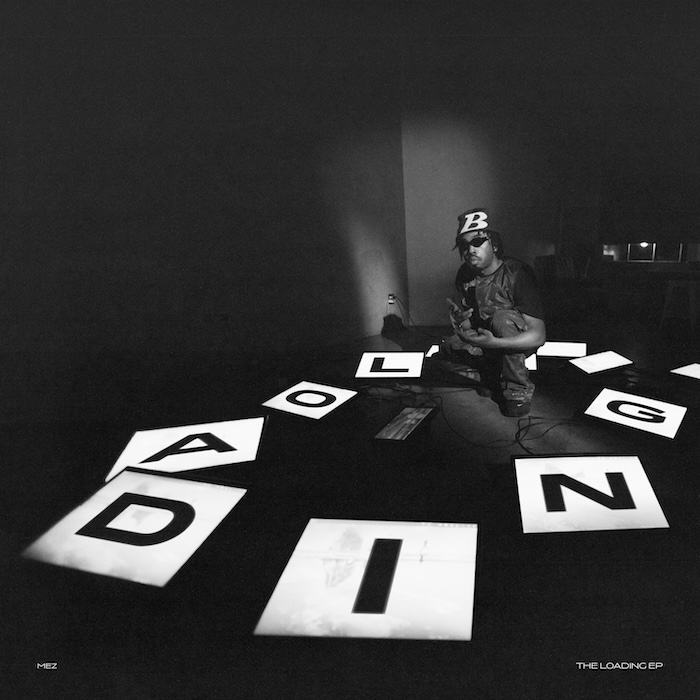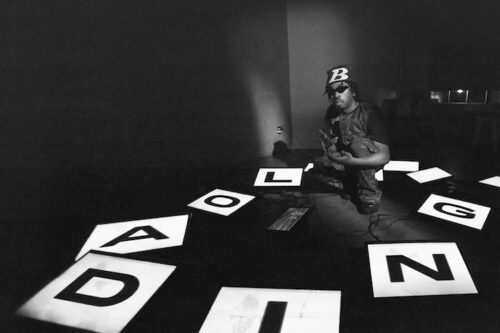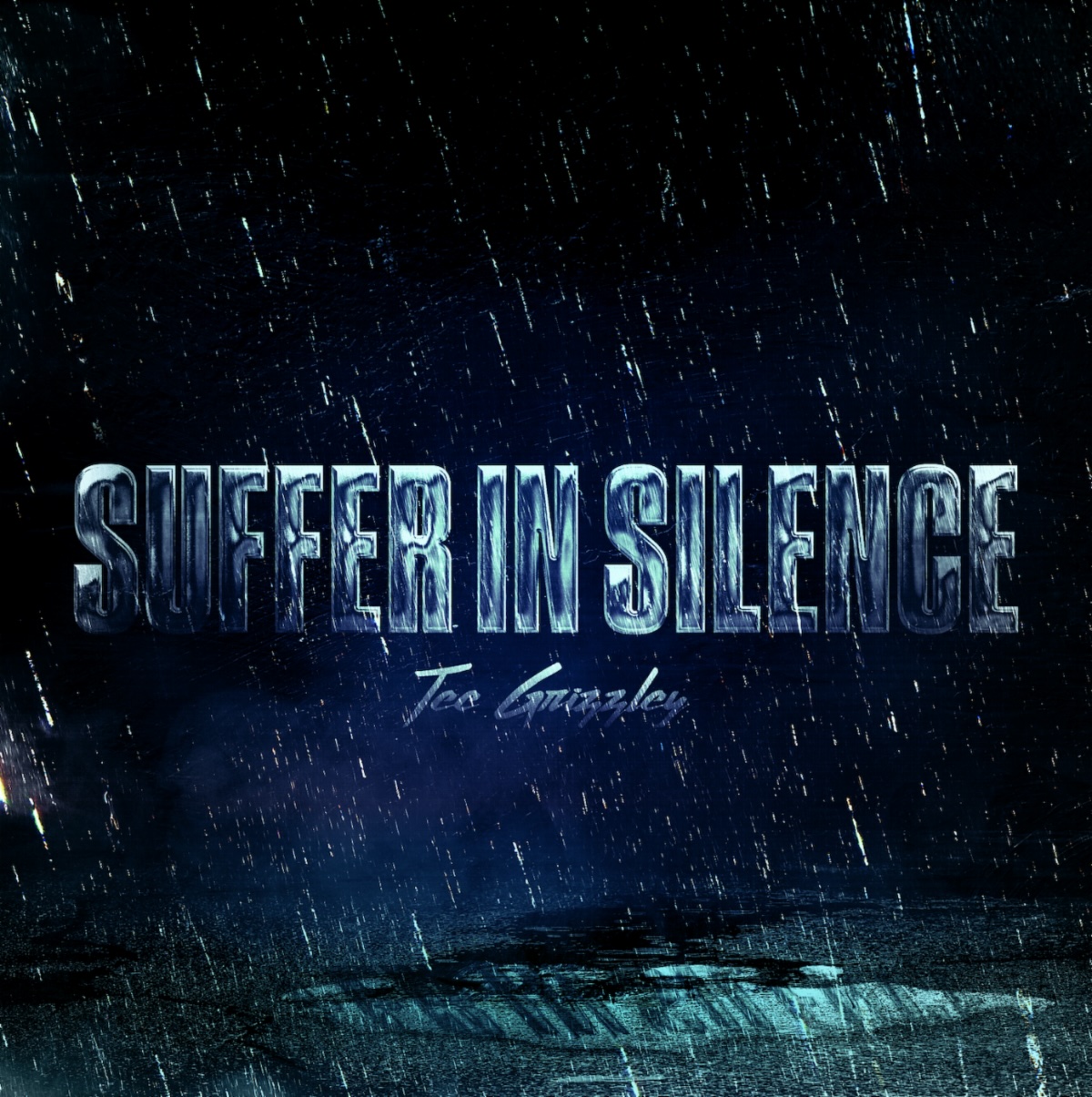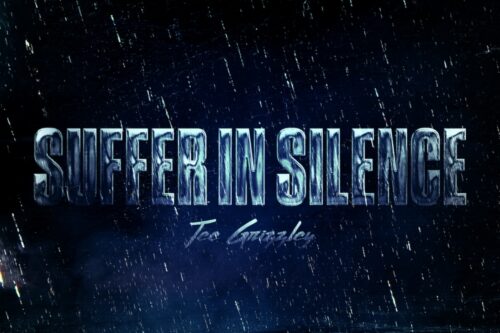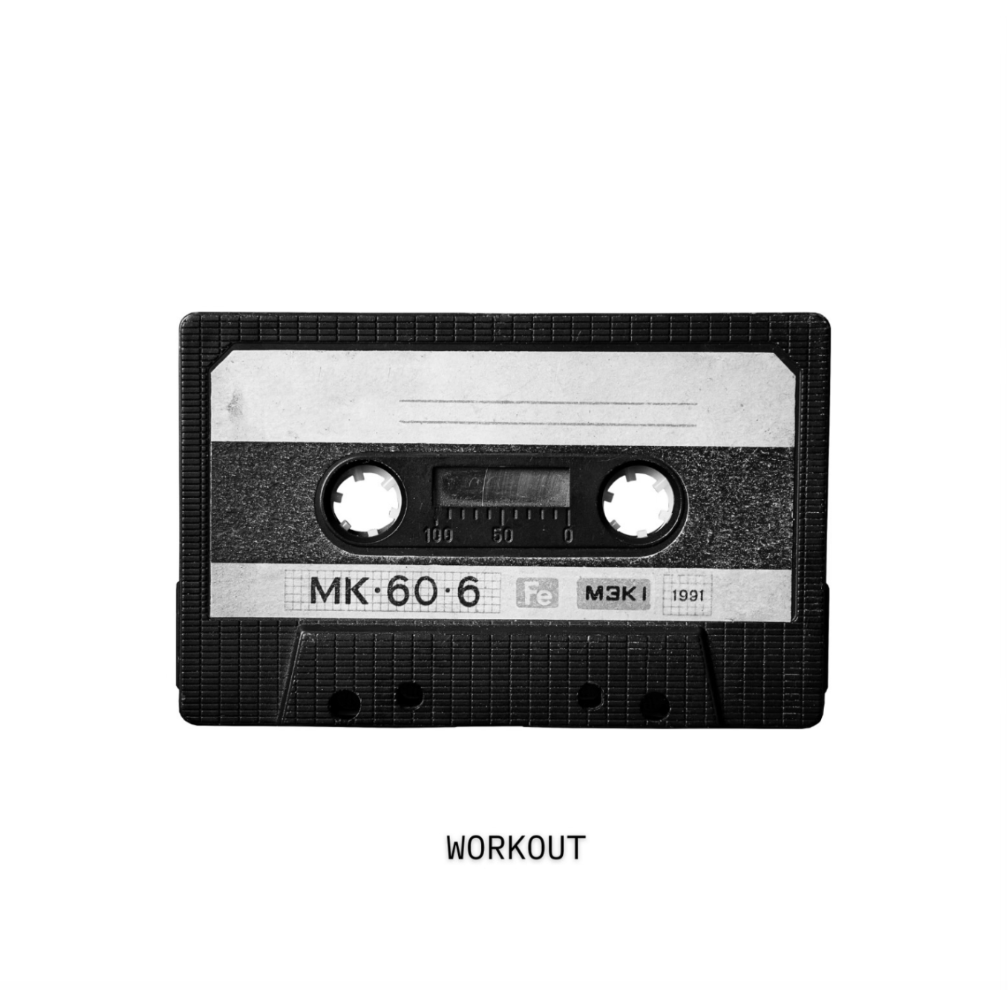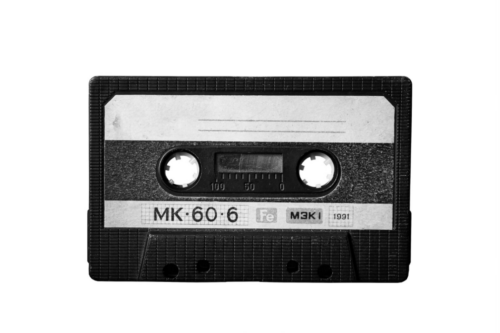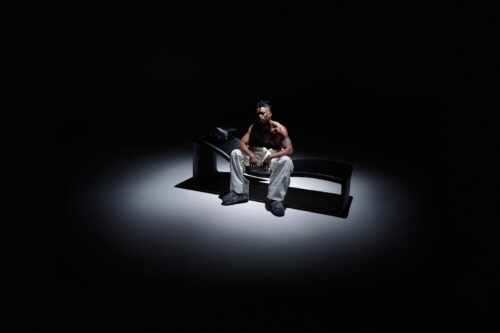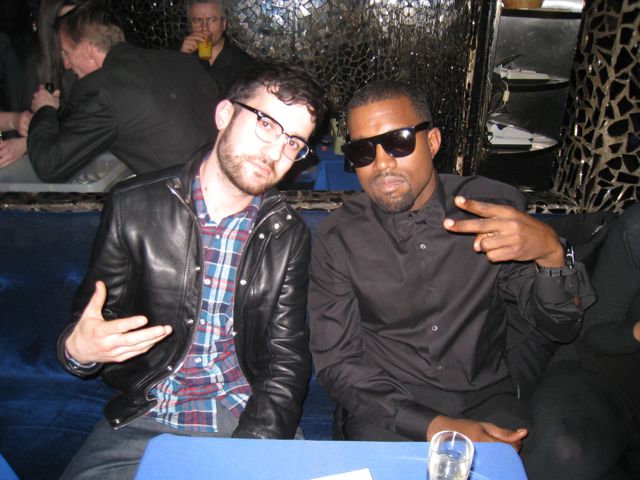
Earlier today, some vintage Kanye West footage was unearthed, including a live performance of the OG version to “Gold Digger.”
Serving as somewhat of a follow up to the previously vaulted footage, legendary turntablist A-Trak recently shared some behind-the-scenes stories for Kanye West’s “Gold Digger,” “Stronger” and “Robocop” over at Genius.
The Canadian DJ – and the youngest to clutch a DMC World Championship at 15 years old – was brought on as Kanye’s personal tour DJ in 2004, and has been heavily involved in not only the G.O.O.D. Music camp, but in the creation of many of Kanye’s hit records.
On “Stronger”
I gave him that sample. I’m the culprit. And I didn’t want him to sample it, that’s what’s funny.
It sort of happened because Swizz Beats sampled “Technologic” for that Busta Rhymes record, “Touch It.” We were on tour in Europe in 2006, spending a lot of hours on the bus listening to the radio. Kanye heard “Touch It” and thought that beat was cool. I said, “He just swooped up Daft Punk.” And Ye said, “Who?” I just couldn’t believe that Kanye had never heard Daft Punk.
We kept touring, and months later he called me one day and said, “Are you by a computer? I’m going to send you something.” He sent me the instrumental for what became “Stronger.” I remember calling him back and being like, begrudgingly, “Alright, you flipped it, it’s dope.”
He made the beat and spent months writing and rewriting his verses. At the end, he decided he wanted me to scratch on it, sort of an “it’s only right” kind of thing. So I have a small four-bar scratch solo towards the end, which you can barely hear.
Scratching, and the choice of scratch samples, hadn’t adapted to the new sound of music yet. People still scratched the same scratch samples from the eighties and nineties that come from James Brown records and the like. Meanwhile, music was becoming synthetic. I felt like we, the scratch DJs, needed to create new scratch samples or adapt our choice of samples to a more electronic sound. I put a phaser on my scratch to make it wash with the synths a certain way. It barely sounds like a scratch, which was the intention.
There’s an openness about Kanye. Early on, because he sampled the Doors for Jay-Z and things like that, people thought that he knew more about “white music” than most rap producers. But some of those things were accidents. He’s just good at spotting something good. His girlfriend at the time played him The Doors. Kanye didn’t grow up listening to classic rock, but when something falls in his lap, he knows if it’s dope, and knows when to make a beat out of it.
Around this time, he also did his blog, which I still think is one of the best things he ever did. He would learn about shit like architecture and post about it, and his fans would learn about it at the same time as him. He didn’t really know that stuff beforehand. What’s great about Kanye is that you get to witness him soaking up knowledge.
When we got to the hotel, I said, “Dude, sit down. I’m going to play you some great music.” And when I played him “Harder, Better, Faster, Stronger,” he was like, “That’s so dope, play it again! I’m going to sample that!” And I said, “No! Wait, what?” I guess I still had a nineties mentality in terms of sampling, where you’re supposed to find unknown records to use, the way that Q-Tip or The Beatnuts would dig up something that nobody knew before.
In hindsight, Kanye was right and I was wrong. By the 2000s, culture accelerated so much. You couldn’t think in terms of authorship. The whole concept of authorship doesn’t exist anymore. I think Kanye had a very current view, like, “If it’s dope, I’ll flip it, and put my stamp on it.”
Later on, we were planning a tour after that and we were pulling up samples and things to add over songs in the live performances. I pulled up the acapella for “Harder, Better, Faster, Stronger” and he just looked at me like “There’s an a-capella?” And said “Yeah, it’s on the 12-inch, everyone has it.” He said, “Do you know how much we struggled to mix that fucking beat because I sampled it with the drums in it from the breakdown? You mean to tell me that there was a fucking acapella?” In the Daft Punk original, there’s a breakdown with just the little compressed drums and the vocals. He sampled that and put his drums over it. The big challenge was how to work his drums around the drums in the sample. That was funny.
On “Gold Digger”
Basically, I toured with Kanye from 2004 to 2008.
The College Dropout came out in February of 2004. I went to London in May of that year, for a regular DJ gig. There was a record shop in London at the time called Deal Real, which used to do these in-stores. They invited me to do one before my show.
On May 22nd, 2004, when I did my in-store, they were doing an open mic night for female MCs, a ladies night. A then-unknown Lady Sovereign rapped, and they squeezed me in there to do a DJ routine to promote my show. Samantha Ronson was there with Damon Dash because, at the time, she was signed to Roc-A-Fella. Damon said I was dope.
I played my DJ gig later that night, and did a routine with Talib Kweli’s “Get By,” which Kanye produced. The guys from the record shop were there that night, and asked why I didn’t do it at the shop. They asked me to come back the next day and do another in-store with John Legend, who — at the time —was Kanye’s touring keyboard player. They were saying word on the street was that Ye might show up, so I should do my Kweli routine. When I came back to Deal Real, Ye was there in the corner. I just did a beat-juggle kind of thing, DMC-style. I remember I grabbed the Nina Simone sample and looped it up and recreated the beat.
Kanye saw me do this routine with one of his beats, and got excited. That’s how we met. We talked after and he just said like, “Have you been on tour?” I said “Yeah,” because I’d been touring as a DJ for eight or nine years at that point. He said “With who?” I said “Just me, and my DJ buddies,” and he was like “No, no. I mean with a rapper.’ I told him as far as rappers I only toured with the guys I came up with, from Montreal. He was like, “Alright, well, I want to take you on tour. I need a DJ, I’m doing my first tour this summer, and my album just came out.” I was like “Yeah, I know. It’s very good.”
His first tour was opening up for Usher on the Truth tour, the year that Usher had the Confessions album with “Yeah!” and all those songs. I did that tour, and he just kept me on for every tour after. We became close. I was his ear to what was going on, whether it’d be the streetwear in downtown New York or cool music or whatever. And he’s just an inspiring guy for me. We would just trade ideas and resources.
There was one period where we weren’t doing Kanye tours, I was doing my own shows, and he was in the studio with Jon Brion recording the bulk of Late Registration. I knew “Gold Digger,” the song, because even on the previous tour he had the instrumental and the idea. He used to rap it to us all the time in the tour bus — he just hadn’t recorded it.
We got back together to play the Sasquatch Festival, and were catching up in the trailer. He said, “Let me play you something. I put my vocals on all these songs.” For “Gold Digger,” he had this rough version, but it felt too pop to him. He wanted to give it some hip-hop cred. I had an idea for a scratch, for the part where he raps “Get down girl, go ‘head, get down.” I knew which sample to use. He said, “I think it could be cool. We’re going to LA this week to finish things up.” But he was over budget, Def Jam wouldn’t pay for any more flights for that album.
Next thing you know, it’s show time at Sasquatch. At the last minute, he gave me the track for “Gold Digger,” because he wanted to perform it. I ended up live-auditioning. I pulled up the sample for “get down” and I scratched during the choruses, and as soon as we got off stage he was like “Alright, you’re coming to LA, we gotta record this. I’ll pay for the flights, I don’t care.”
I went to L.A. and recorded the scratches, and the rest is history.
Read his annotations for “RoboCop” and more here.
PREVIOUS: Low Pros (A-Trak & Lex Luger) – Who Wanna Play? f. Que

